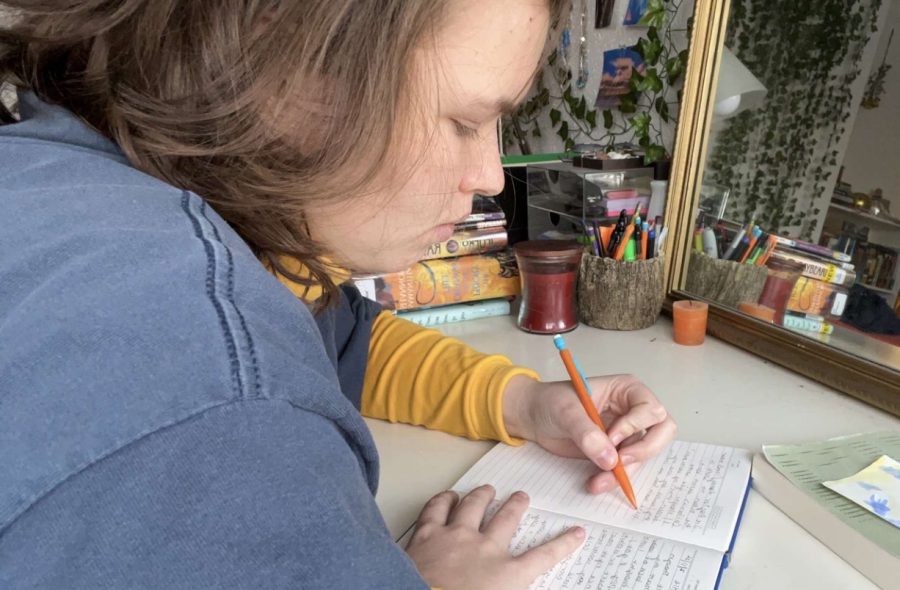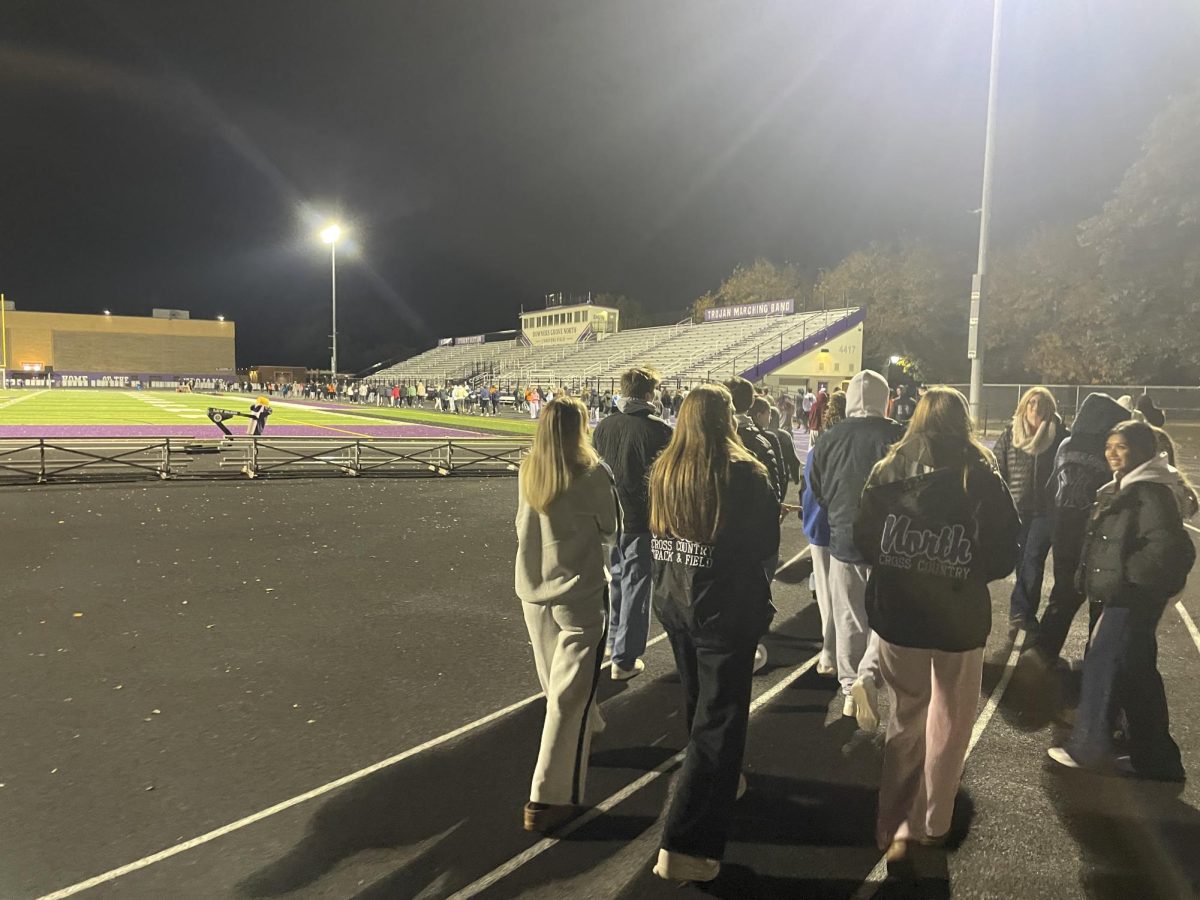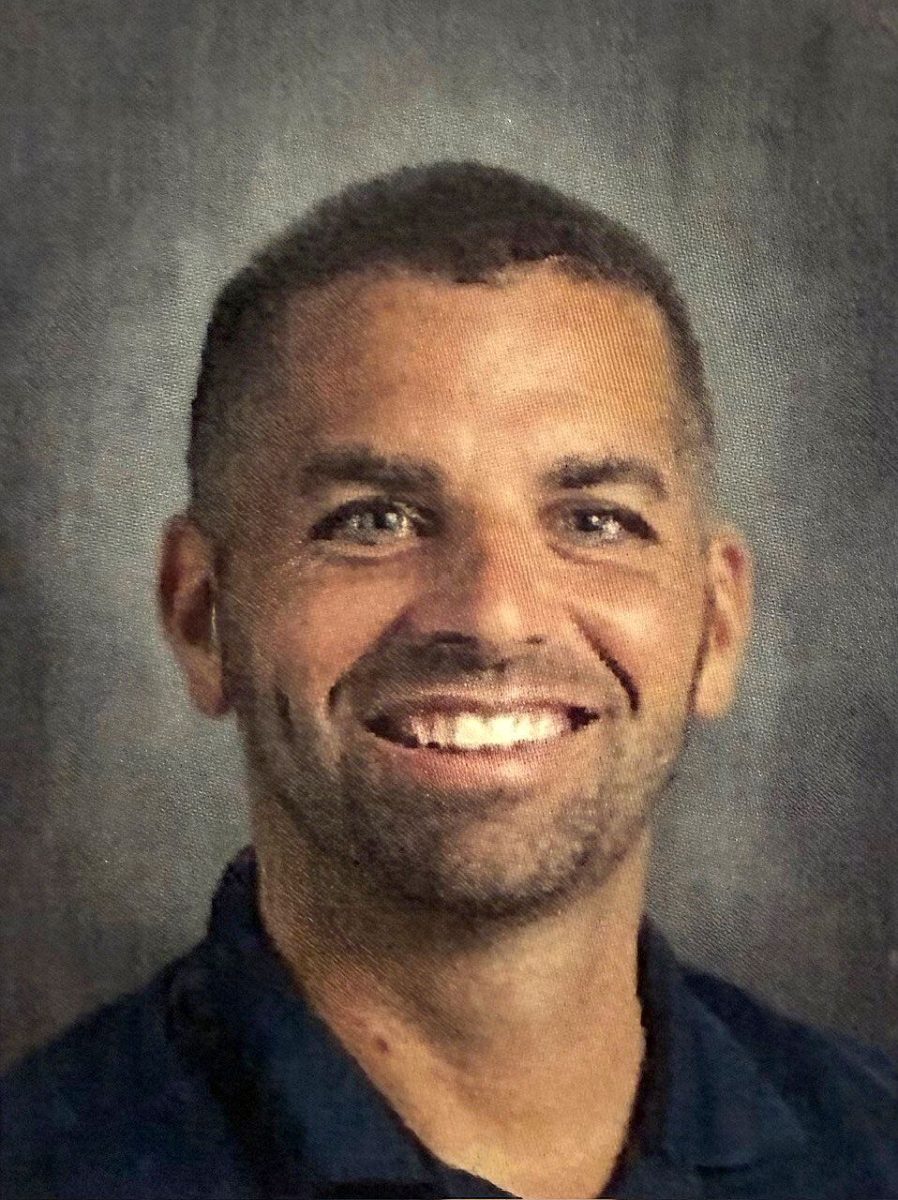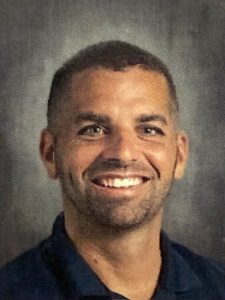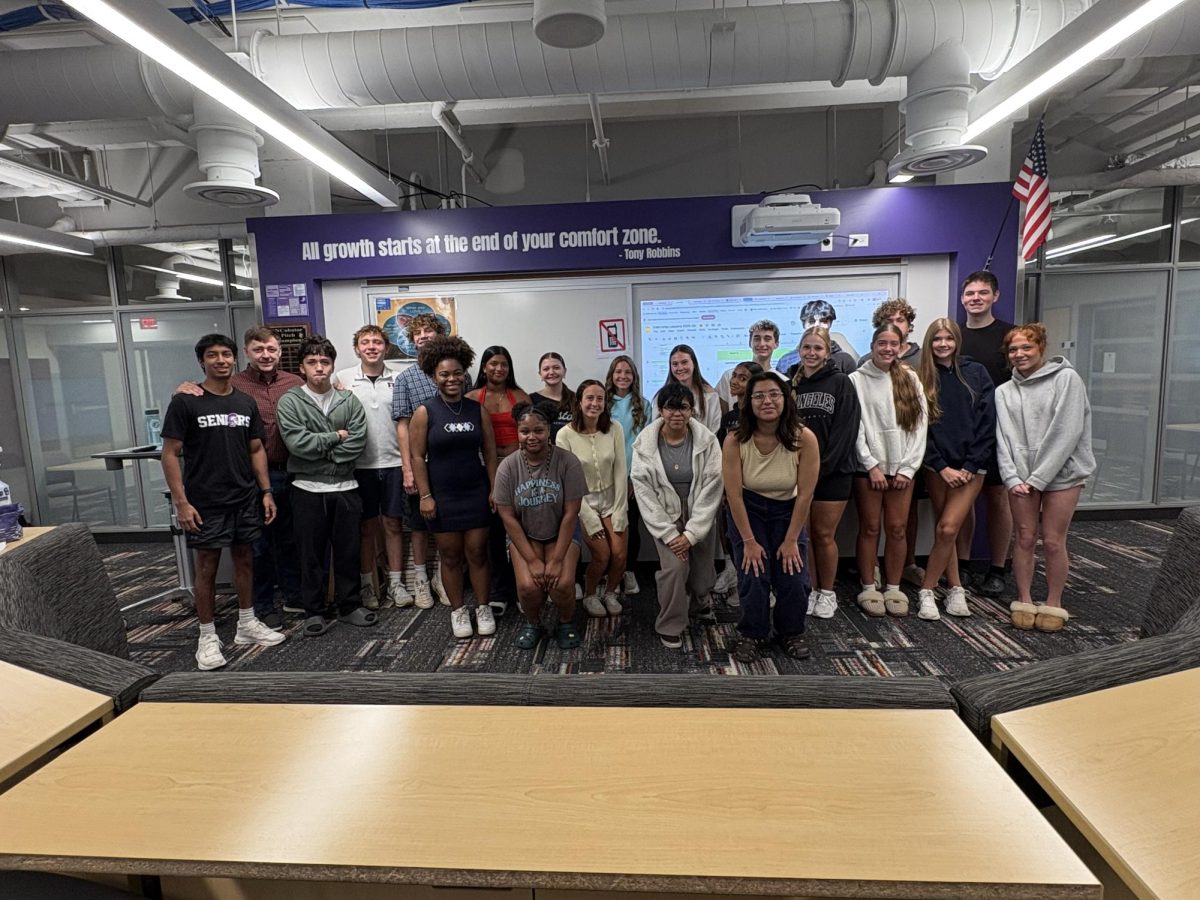Students win Scholastic Writing Awards
Photo courtesy of Grace Beacom
A WAY WITH WORDS: Grace Beacom wins Silver Key for LGBTQ+ empowerment poem.
March 2, 2022
Every year, students nervously submit their long-term poems, short stories, and novels in hopes of receiving recognition for their work. With shaky fingers hovering over their laptops, students go out on a limb, subjecting their work to scrutiny from professional judges. Seniors Madeline Riske, Grace Beacom, Christina Powell, Madison Smith, and Rebecca Orjala earned 2022 Scholastic Writing Awards. They write for different messages, but can agree that getting their ideas across is far more important than the vulnerability of the competition.
“Winning this award is a reminder that I need to continue to share my work in hopes of bringing awareness to important issues, uplifting underrepresented voices, and ultimately creating connections through my writing,” Riske said.
Winning a Gold Key for her poem, “A Forbidden Prayer,” along with four Silver Keys and an honorable mention, these awards pave the writing career Riske plans to pursue in college. “A Forbidden Prayer” was inspired by Pope Francis’ announcement that Catholic priests could not bless gay marriages. Filled with sadness and frustration, Riske fell to pen and paper, conveying a message she felt was important through stanzas.
“It follows the thoughts of a narrator in church, silently talking to their lover and questioning God during a moment of prayer in Mass. This poem is very personal to me because through this narrator’s internal dialogue, I was able to voice my own outrage while still leaving readers with a message of perseverance,” Riske said.
Writing for a similar cause, Beacom earned a Silver Key for “The Garden”— a portrayal of the societal issues in heteronormativity. Cutting leaves away, restricting colorful flowers, and resorting to pesticides, Beacom creates a metaphor for the control that religion and society place on the LGBTQ+ community.
“I structured the poem like a garden where the gardener makes everything perfect and organizes the flowers the way they want them to fit in. I, personally, felt different and queer from the regular garden,” Beacom said.
Beacom often writes a story each day where she describes how she was feeling or how the given day went. Since she was young, she had an imagination that flowed into poetry.
“I remember my parents giving me an old laptop to write, where I wrote a short story for the first time. When I was five, I would try to write lyrics in my journal, which were really poems inspired by pop songs,” Beacom said.
Typically writing short stories, Powell was awarded two Silver Keys and two honorable mentions. Her novel, “The War for One” has been in progress for two years and is a fantasy book based on a video game from Powell’s childhood.
“I put myself and my certain personality traits into the main character. I think readers can find characters more relatable when authors insert parts of themselves into characters,” Powell said.
Orjala’s honorably mentioned poem, “the girl who caught the stars” revolves around the themes of hopes, dreams, and the freedom to choose unique paths. It follows a narrator who longs to be someone else but realizes they have the opportunity to be exactly who they would like, and it’s truly a matter of self-acceptance.
“This is personal to me because it took me a while to realize that I did not have to be jealous of everyone else, and could instead work to be the best version of myself,” Orjala said.
Escapism is a common theme among Smith’s work, whose short story, “The Underpass” received an honorable mention. Her short story observes a young girl who runs away from her previous life, becoming homeless.
“It is about responsibility and the fear it creates, something that a lot of high school seniors are having to begin to grapple with as the future approaches,” Smith said.
Typically writing poetry, Smith went out of her comfort zone with “The Underpass” and is proud to see her success in this. However Smith, like many writers, writes for herself and not the validation of others.
“I’ve learned over time that it is far more important to be proud of your own work personally than to receive any accolades from organizations or other people, but I am still glad that organizations like Scholastics exist to help put a spotlight on incredibly talented artists and writers,” Smith said.


